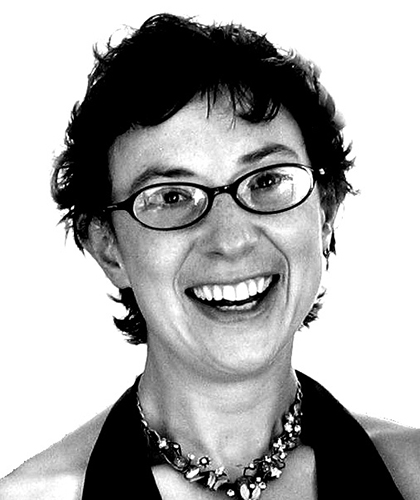Photograph: my parents’ registry-office wedding in 1971, drinks with my dad’s family.
Photograph: my mother with all my dad’s female relatives, glamorous hair and flowing dresses and cigarettes, all laughing.
Photographs: one-year-old, two-year-old, three-year-old me with various other small children in various large gardens.
Odd/not odd – all white faces, well I suppose they would be. Even though they were living in a country with a white population around 20 percent.
Did apartheid make a difference to this or would we have been all white anyway? In fact, all the photos from my childhood have only white faces, even after we moved to London to be near my mother’s family.
In Johannesburg, there were black maids in every house, but they didn’t make it into the photos.
In my suburban London primary school, I remember one black boy in my year, two Asian sisters in other years and two Jewish brothers. From a white child’s perspective, not a great deal of difference.
Books: Cry The Beloved Country (Paton), Let My People Go (Luthuli), The Long Way Home (Wolpe).
I remember when the first Asian family moved onto our London crescent, how quickly my daddy went to welcome them. How my fabulous daddy shouted at Katie’s dad across the street who had said they shouldn’t be there and we should all complain.
I grow up thinking of us as the good kind of liberal whites. Fans of Nelson Mandela. I am proud of the English-speaking and especially Jewish whites like Joe Slovo – I’m one of them, I’d be willing to take risks for justice and freedom. I don’t like the nasty Afrikaners.
I was in a youth theatre musical, Journey to Jo’burg – an entirely white group of teenagers portraying South African black children trying to get into Johannesburg illegally to find their mother.
The songs are still in my head: ‘Africa – you are my home’. I remember how righteous I felt at understanding how bad things were in South Africa. If I lived there, I’d help hide people and smuggle people and I’d join the ANC!
Birthday card, 1977: ‘To Catherine, Happy Birthday, Cecilia’.
Letter, 2015: ‘My name is Benjamin D. I’m 61 years, son of Cecilia D. Please help me. I’m not working, my mother dead 2010.’
Cecilia was our maid. She looked after me until I was four.
I don’t remember seeing this letter before, but maybe I did.
I know that my mother has sent money to her over the years – I don’t know how much.
Now I’m suddenly aware of how little I have taken personal responsibility.
How much is a secure childhood worth? Can I help this man now? Is he even still alive? Never a better time than the COVID pandemic to help out an older man in South Africa.
In 1995, I backpacked to and from South Africa in an attempt to visit my relatives without flying. It resulted in multiple letters over the following years from African men reminding me that we’d met on a bus, or in a post office, or the policeman who dealt with my robbery case – please help, I have no job, I want to come to England, please send money.
Usually, I feel that meagre resources/financial solidarity should be channelled to structural efforts to make change, or to solidarity with others in political struggle, rather than individual charity. But I personally owe this man, this is different. What kind of money counts as enough?
Photograph, 1959/60: ‘Dear Gran, I love you’. My father posing with an Uzi semi-automatic during basic training, after running away from home to join the Israeli army, aged 17.
LPs: The Modern Jazz Quartet, Errol Garner, Nana Mouskouri, Israeli Military Marches, Geula Gill’s Songs of after the 6-Day War.
Book: Fighting Heroes of Israel.
A memory wells up of a terrible argument we had in 2002 about Israel/Palestine after my friends got shot in Gaza. He says I don’t understand how terribly vulnerable Israel is. I say I don’t understand how he can’t see it’s apartheid. We are at an impasse. Later he tells me he returned his medals.
I think now about being completely committed to an ideal, a mission, something greater than oneself, something you would die for – and to have it criticised or turned into the enemy.
I think of all those left-wing idealistic young Zionists ready to die fighting for Israel, ready to create a new socialist world living in kibbutzim, ready to struggle for equality, safety and global respect.
I think how difficult and heartbreaking it was to let go, for communists outside the Eastern Bloc who believed in Lenin and Stalin’s communism as liberatory and the source of a worldwide revolution.
I think through my own political articles of faith and try to identify whether there are any with a similar fatal flaw at the root. This work can never finish.


